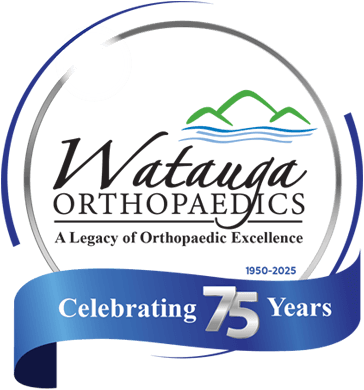Pediatrics - Congenital Hand Differences
Introduction
Congenital hand differences are abnormalities present when a child is born. They occur before birth when an embryo is developing the upper extremity. Congenital hand differences are caused by genetic, environmental, and unknown reasons. A variety of hand conditions may occur.
A hand surgeon and hand therapist should evaluate all babies born with a hand difference. Some conditions do not need treatment. For others, treatment during the first few years of life allows children to best adapt to their hands. Treatments may include splinting, hand therapy, or surgery.
Anatomy
Causes
Symptoms
Diagnosis
A hand specialist should evaluate all babies born with a hand difference. The doctor can diagnose a congenital hand difference by reviewing your child’s medical history and conducting an examination. X-rays will be taken to identify the location and position of affected bones. If necessary, your doctor may refer your child to a geneticist or specialist for diagnosis and treatment of associated medical conditionsTreatment
Surgery
Recovery
Prevention

Copyright © - iHealthSpot Interactive - www.iHealthSpot.com
This information is intended for educational and informational purposes only. It should not be used in place of an individual consultation or examination or replace the advice of your health care professional and should not be relied upon to determine diagnosis or course of treatment.
The iHealthSpot patient education library was written collaboratively by the iHealthSpot editorial team which includes Senior Medical Authors Dr. Mary Car-Blanchard, OTD/OTR/L and Valerie K. Clark, and the following editorial advisors: Steve Meadows, MD, Ernie F. Soto, DDS, Ronald J. Glatzer, MD, Jonathan Rosenberg, MD, Christopher M. Nolte, MD, David Applebaum, MD, Jonathan M. Tarrash, MD, and Paula Soto, RN/BSN. This content complies with the HONcode standard for trustworthy health information. The library commenced development on September 1, 2005 with the latest update/addition on February 16, 2022. For information on iHealthSpot’s other services including medical website design, visit www.iHealthSpot.com.




